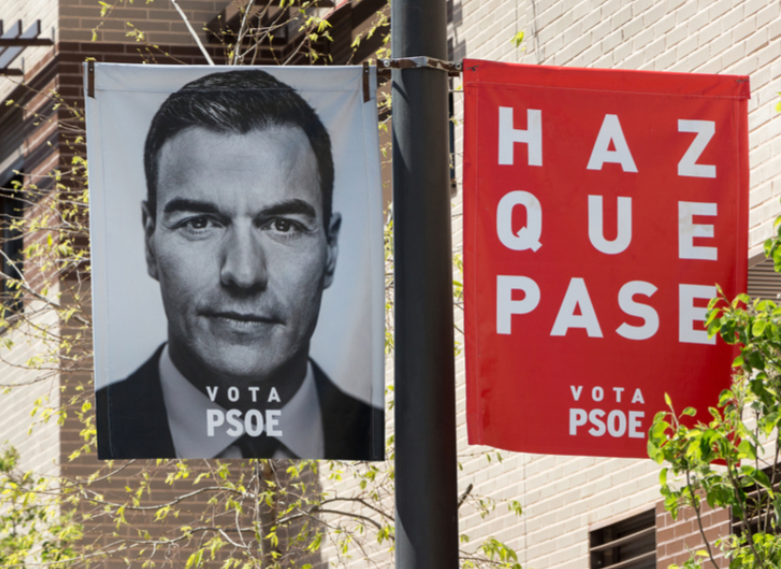
Spain faces a general election on Sunday amid expectations another minority government will emerge, potentially delaying key policies to enable the country’s energy transition, experts told Montel this week.
“Seems like we will possibly have a similar type of government to the one we have now, in minority. There is a lot of uncertainty right now,” energy expert Pedro Linares, professor at Madrid’s Comillas Pontifical University, said on Montel’s weekly podcast.
“The Spanish energy plan is wishful thinking,” he added, referring to the country’s aims to treble combined wind and solar capacity to more than 94 GW, while scrapping its 10 GW coal-fired fleet by 2030.
No green tenders?
“Without green tenders, the national energy plan’s objective cannot be reached.”
Yet the country did not call new green tenders this year due parliamentary deadlock, with acting Socialist prime minister Pedro Sanchez unable to form a government, hence Sunday’s general election – the country’s second since April and its fourth in four years.
The Socialist party had failed to pass legislation to enshrine the energy plan in law while leading a minority government, though it could be approved if acting energy minister Teresa Ribera regained office, Linares said.
While the power sector was set to decarbonise, the country’s broader target of cutting greenhouse gas emissions to 21% by 2030 from 1990 levels was at stake with measures needed to attract investment to fund the energy transition, he added.
Meanwhile, pollsters anticipated a neck-on-neck race on Sunday, with the current make-up of parliament likely to be little changed.
“The political scenario does not look like facilitating the process but given the relevance of the [energy] law, it has to move forward. I’m very optimistic,” said Joan Batalla, energy expert and former member of the energy regulator CNE’s board.
But any deal would “require negotiations”, said Batalla.
Differing views
The main political parties agreed on key energy policies, including the need for more renewables growth and the removal of a prohibitive 7% generation tax, Montel reported in April.
Views differed on other issues, however, such as nuclear phase-outs, with right-wing parties reluctant to set a definitive date for reactor closures, while the Socialists wanted to extend their operating lifespan to 45 years.